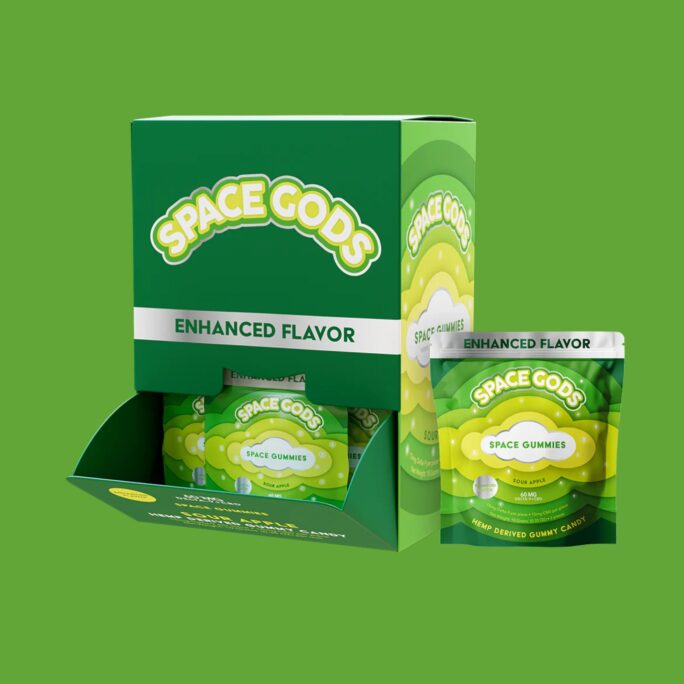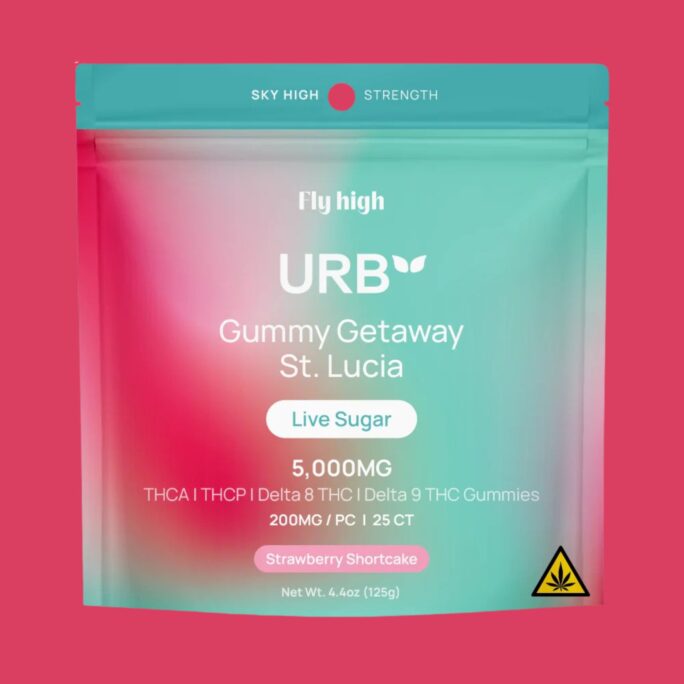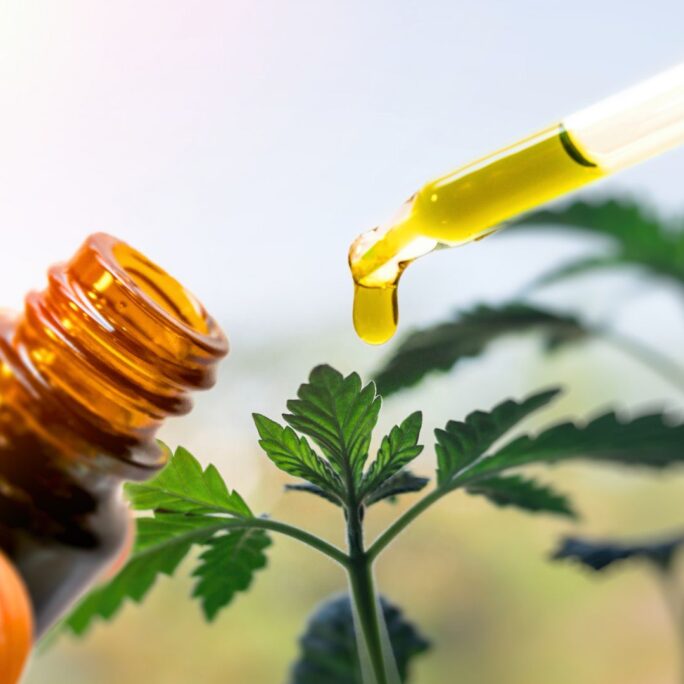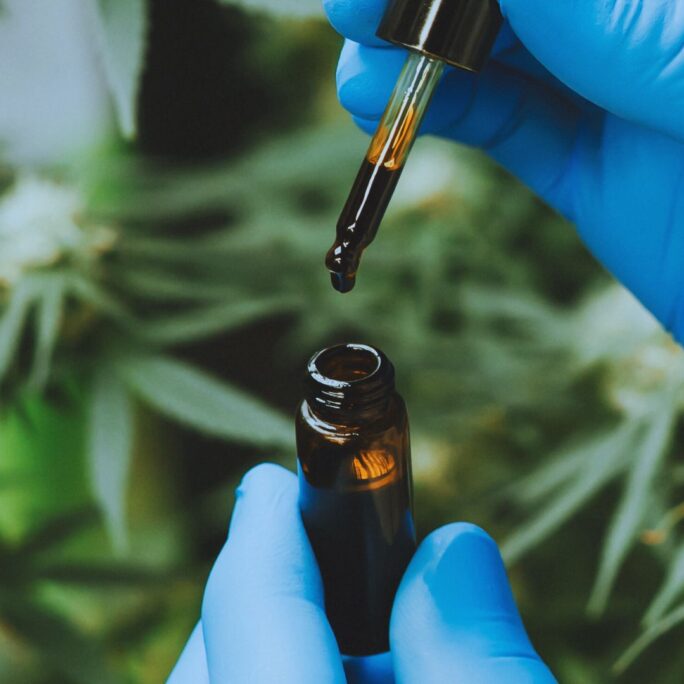
What is CBD good for? That is a question many consumers are asking as the popularity of CBD increases.
Let’s start with the basics.
CBD, or cannabidiol, is a compund in cannabis plants that many believe to have a variety of potential therapeutic benefits.
Some of the most popular benefits of CBD include:
- Reducing anxiety and depression
- Reducing pain and inflammation
- Improving sleep
- Helping with seizures (certain forms of epilepsy)
- Improving heart health
Cannabis (hemp and marijuana) come from the same plant family, but they have important differences.
Marijuana has high amounts of THC which is what gives users a “high.” Hemp produces CBD and very small amounts of THC.
Over the last twenty years, the amount of research into the benefits of cannabis has grown as we all seek more natural solutions to our wellness.
The method of using CBD is also important. The most common are oils (tinctures) and edibles, like gummies.
Skin care products use cannabidiol because it can be easily absorbed through the skin.
How does CBD help epilepsy?
Some epileptics find that CBD oil reduces seizures.
The FDA has approved a drug called Epidiolex that is a form of CBD, which can help these people. Epidiolex is the first FDA-approved drug for Dravet syndrome and LGS.
However, it’s important to note that the drug isn’t a cure epilepsy.
There is a lot of research still needed to confirm that cannabidiol may have positive effects on seizures in general, but it’s always best to consult with a healthcare professional before taking any new supplement or medication.
Research
- Anxiety and depression: Studies have found that CBD may help reduce symptoms of anxiety and depression, although more research is needed to confirm these findings.
- Pain and inflammation: CBD has been shown to reduce pain with arthritis and multiple sclerosis.
- Epilepsy: CBD has been shown to be effective in reducing seizures in certain forms, specifically Dravet syndrome and Lennox-Gastaut syndrome (LGS).
- Schizophrenia: CBD may play a role in helping manage symptoms, although more research is needed to confirm this.
- Cancer-related symptoms: CBD may be effective in reducing symptoms such as nausea and vomiting from chemotherapy.
However, more research is needed to fully understand its effects and potential uses.
Many research studies are currently underway. For example, The University of Texas is testing CBD’s effectiveness in treating PTSD (post traumatic stress syndrome).
It is important to note that CBD products are not currently FDA-approved for any medical use. It is always best to consult with a healthcare professional before starting any new treatment.








